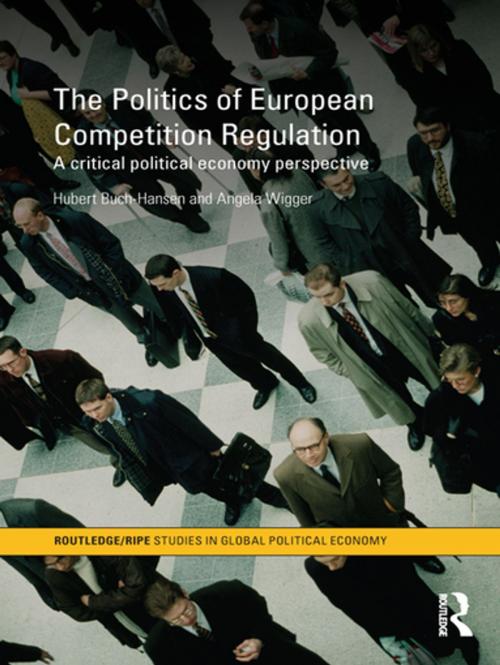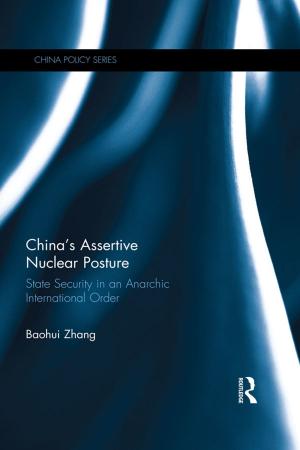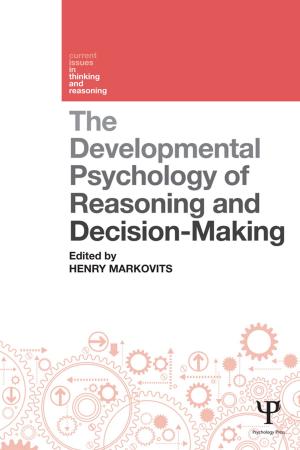The Politics of European Competition Regulation
A Critical Political Economy Perspective
Nonfiction, Social & Cultural Studies, Political Science, Politics, Economic Conditions, International, International Relations| Author: | Hubert Buch-Hansen, Angela Wigger | ISBN: | 9781136808920 |
| Publisher: | Taylor and Francis | Publication: | March 7, 2011 |
| Imprint: | Routledge | Language: | English |
| Author: | Hubert Buch-Hansen, Angela Wigger |
| ISBN: | 9781136808920 |
| Publisher: | Taylor and Francis |
| Publication: | March 7, 2011 |
| Imprint: | Routledge |
| Language: | English |
The Politics of European Competition Regulation provides an original and theoretically informed account of the political power struggles that have shaped the evolution of European competition regulation over the past six decades.
Applying a critical political economy perspective, this book analyses the establishment and development of competition regulation at European Community and national level since the 1950s. It puts forth the central argument that competition regulation came to reflect the broader shift towards a neoliberal order since the 1980s. Buch-Hansen and Wigger argue that this shift, which took place against the background of the gradual transnationalisation of capitalist production and the economic crisis of the late 1970s, was driven by the European Commission in alliance with the emerging transnational capitalist class.
The authors examine the political responses to the current global economic crisis in the fields of state aid, cartel prosecution and merger control and conclude that an alternative type of competition regulation, which forms part of a much broader transformation of the current socioeconomic order, is needed. This book will be of interest to students and scholars of (global) political economy, European integration and competition law.
The Politics of European Competition Regulation provides an original and theoretically informed account of the political power struggles that have shaped the evolution of European competition regulation over the past six decades.
Applying a critical political economy perspective, this book analyses the establishment and development of competition regulation at European Community and national level since the 1950s. It puts forth the central argument that competition regulation came to reflect the broader shift towards a neoliberal order since the 1980s. Buch-Hansen and Wigger argue that this shift, which took place against the background of the gradual transnationalisation of capitalist production and the economic crisis of the late 1970s, was driven by the European Commission in alliance with the emerging transnational capitalist class.
The authors examine the political responses to the current global economic crisis in the fields of state aid, cartel prosecution and merger control and conclude that an alternative type of competition regulation, which forms part of a much broader transformation of the current socioeconomic order, is needed. This book will be of interest to students and scholars of (global) political economy, European integration and competition law.















